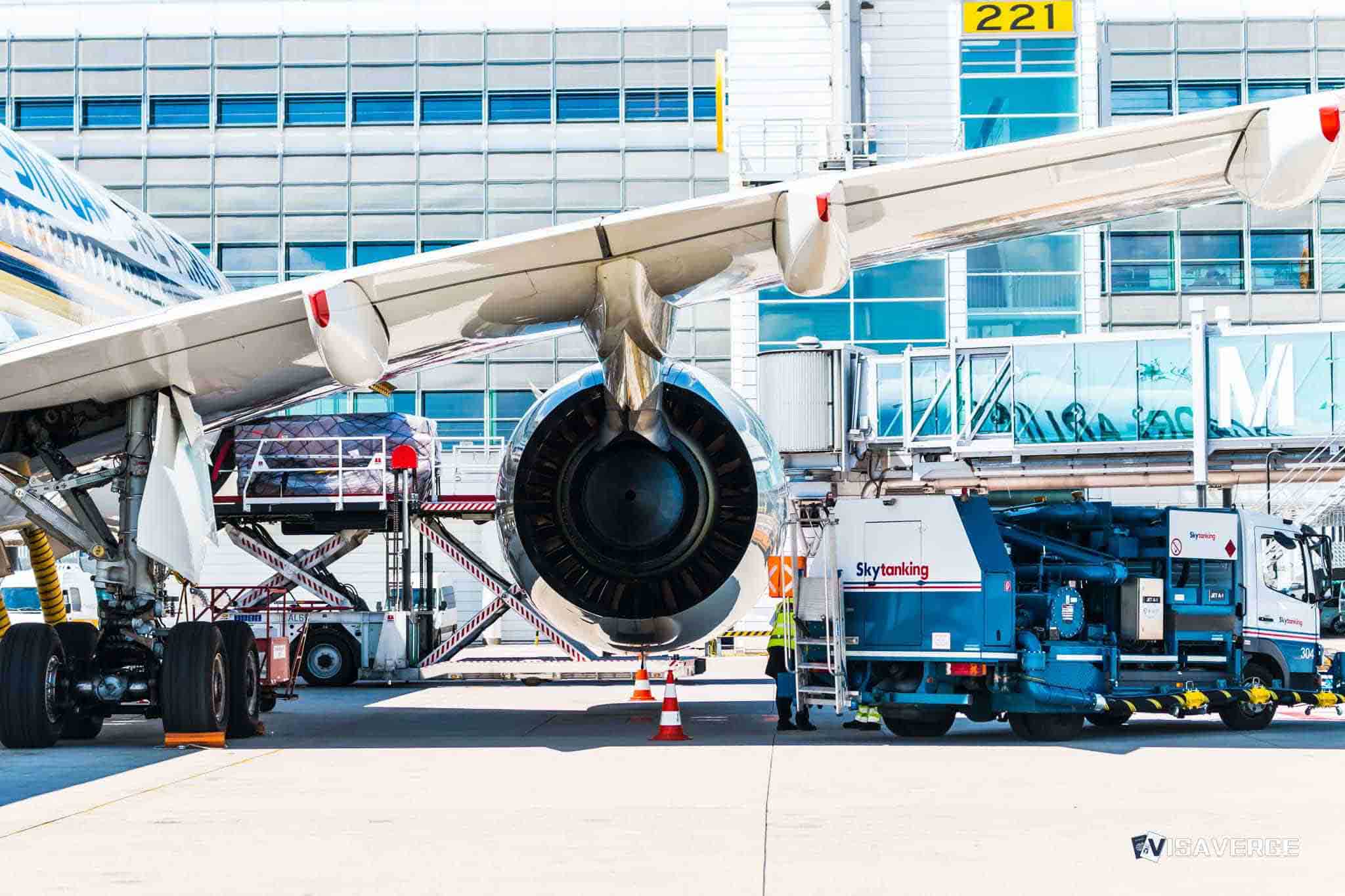Understanding the Financial Requirements for an F1 Visa
If you’re planning on studying in the United States, obtaining an F1 Visa is a crucial step. An F1 Visa is a non-immigrant student visa that allows international students to pursue education in the U.S. However, before you can secure your spot in the classroom, you need to understand and meet the financial requirements for an F1 Visa.
What Does it Take Financially to Study in the U.S.?
To be granted an F1 Visa, applicants must prove they have sufficient funds to cover their tuition and living expenses for the duration of their studies. This ensures that students can afford their education and support themselves without needing to rely on unauthorized employment.
Proving Your Financial Stability
When it comes to the student visa application, proof of financial stability is vital. Here’s what you need to know:
Show Enough Funds for Tuition and Living Expenses

- Tuition Costs: The primary expense is your tuition fee, which varies depending on the institution and program you choose.
- Living Expenses: You’ll also need to account for housing, food, transportation, insurance, and other personal costs.
Types of Financial Proof
Acceptable proofs of financial capability can include:
- Bank statements
- Financial undertaking by a sponsor (often a parent or legal guardian)
- Scholarships or grants
- Education loans
How Much Money Do You Need?
While the exact amount will depend on your school and lifestyle, you must be ready to show you can cover all expenses for at least the first year of your study. Remember, the cost can range from $20,000 to $50,000 or more annually.
Meeting the Financial Requirements: A Step-by-Step Guide
- Understand the Costs: Research the tuition fees of your chosen institution and estimate your yearly living costs.
- Gather Financial Documents: Compile recent bank statements, loan approvals, scholarship letters, or sponsor letters.
- Prepare for Additional Costs: Remember to include travel expenses, health insurance, and potential emergencies in your budget.
- Certification of Finances: Some institutions may require a completed Certification of Finances form to detail your funding.
Common Mistakes to Avoid
- Underestimating living costs
- Lack of liquidity in shown funds (property or stocks may not be considered readily available funds)
- Incomplete or outdated financial documentation
Maintaining Financial Eligibility
Your financial responsibility doesn’t end with the approval of your F1 Visa. Throughout your stay in the U.S., you are expected to manage your funds wisely and maintain adequate resources. Failure to do so can lead to loss of visa status and even deportation.
Need More Help?
For more detailed information on the financial requirements for F1 Visa or assistance with your student visa application, please refer to the U.S. Department of State’s website for student visas. Additionally, your chosen educational institution’s international student office can be a valuable resource.
Securing an F1 Visa is a significant step towards reaching your educational goals in the United States. By meeting the financial requirements and carefully preparing your application, you’ll be well on your way to enriching your knowledge and experience in a new, exciting academic environment.
So there you have it, my tech-savvy amigos! Understanding the financial requirements for an F1 Visa can be a bit of a money maze, but fear not! Just head on over to visaverge.com for more juicy details and step-by-step guidance on how to navigate this whole process. From tuition to living expenses, they’ve got your back. Embrace the adventure of studying in the U.S. and let visaverge.com be your trusty sidekick along the way! Happy exploring!
FAQ’s to know:
FAQ 1: What are the financial requirements for an F1 Visa?
Answer: To obtain an F1 Visa, applicants must demonstrate that they have enough funds to cover their tuition and living expenses for the duration of their studies. This includes tuition fees, housing, food, transportation, insurance, and personal costs. Acceptable proofs of financial stability can include bank statements, financial undertakings by a sponsor, scholarships or grants, and education loans.
FAQ 2: How much money do I need for an F1 Visa?
Answer: The exact amount will vary depending on your chosen school and lifestyle. However, you need to be prepared to show that you can cover all expenses for at least the first year of your study. The cost can range from $20,000 to $50,000 or more annually. It’s important to research the tuition fees of your institution and estimate your yearly living costs.
FAQ 3: How can I meet the financial requirements for an F1 Visa?
Answer: To meet the financial requirements, follow these steps:
- Understand the costs: Research the tuition fees of your chosen institution and estimate your yearly living costs.
- Gather financial documents: Compile recent bank statements, loan approvals, scholarship letters, or sponsor letters.
- Prepare for additional costs: Include travel expenses, health insurance, and potential emergencies in your budget.
- Certification of finances: Some institutions may require a completed Certification of Finances form to detail your funding.
It’s important to avoid common mistakes such as underestimating living costs, showing funds that are not easily available, and providing incomplete or outdated financial documentation. Additionally, after securing the F1 Visa, it is crucial to manage your funds responsibly throughout your stay in the U.S.
What did you learn? Answer below to know:
- True/False: “Proof of financial stability is an essential requirement for obtaining an F1 Visa.”
- What types of financial proof are considered acceptable when applying for an F1 Visa?
a) Bank statements
b) Financial undertaking by a sponsor
c) Scholarships or grants
d) All of the above - True/False: “Once you obtain an F1 Visa, you no longer need to demonstrate financial responsibility during your stay in the U.S.”








